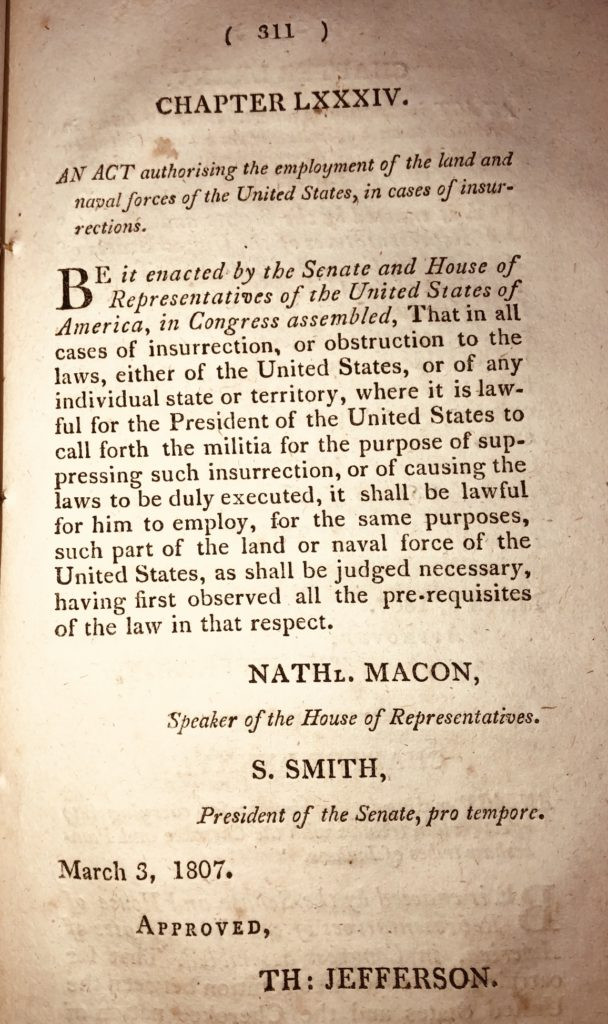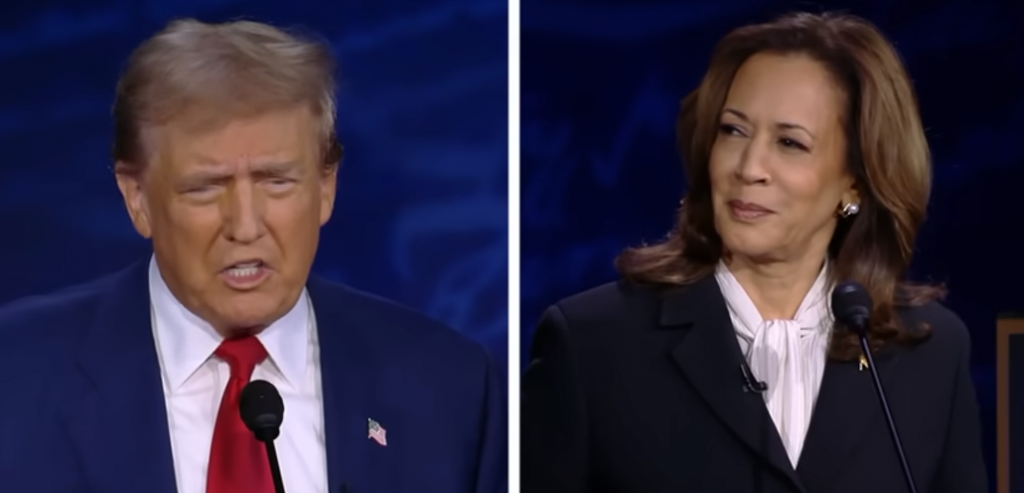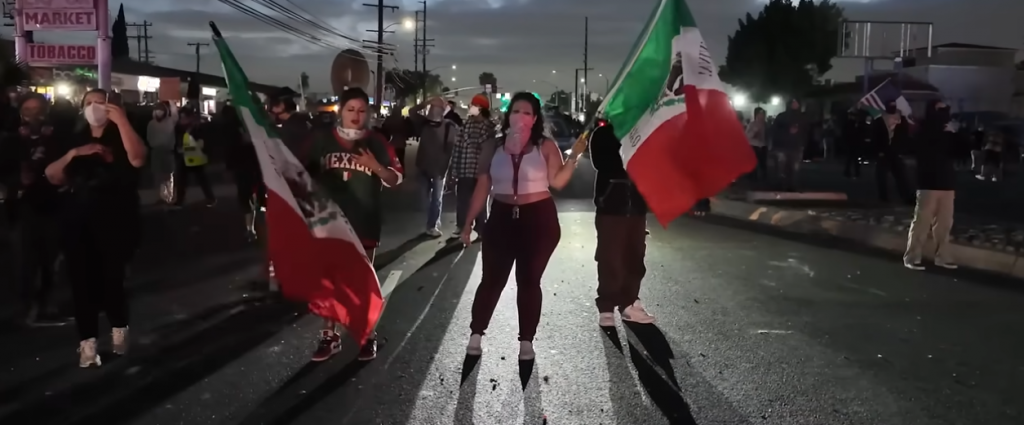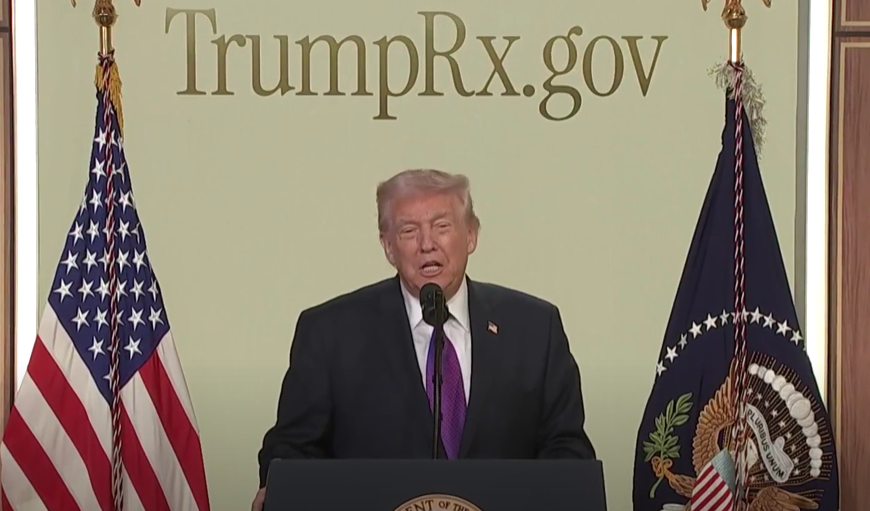Trump Threatens to Use a 200-Year-Old ‘Harmful’ Law to Control Protests in LA

What is the Insurrection Act of 1807?
Recent events in Los Angeles have sparked a heated debate. Protests erupted after Immigration and Customs Enforcement (ICE) raids targeted Latino neighborhoods, leading to chaos in the streets.
President Donald Trump has responded by sending thousands of National Guard troops and Marines to the city.
Now, he’s considering a rare and powerful law from 1807 to control the unrest. What does this mean for American citizens, and why is it causing so much concern? Let’s break it down.
What Is the Insurrection Act of 1807?

The Insurrection Act of 1807 is a law that allows the U.S. president to use the military to stop riots, rebellions, or other major disturbances inside the country.
It was signed by President Thomas Jefferson and has been used sparingly in history. For example, President Dwight Eisenhower used it in 1957 to enforce school desegregation in Arkansas, sending troops to protect Black students.
It was also used in 1992 during the Los Angeles riots after the Rodney King verdict. The law gives the president broad power to deploy active-duty military or federalize National Guard troops to enforce order, even if state leaders disagree.
Trump has said he might use this law to address the protests in Los Angeles, which he calls an “insurrection.”
He has already sent 2,000 National Guard troops and 700 Marines to the city, despite objections from California Governor Gavin Newsom and Los Angeles Mayor Karen Bass.
The law’s vague wording means a president can decide when to use it, which worries some experts. They fear it could lead to military overreach or abuse of power.
Why Is This Controversial?

The idea of using the military against civilians is a big deal. The U.S. has a law called the Posse Comitatus Act of 1878, which limits the military’s role in domestic law enforcement.
The Insurrection Act is an exception, allowing the president to bypass this restriction in extreme cases. Critics, including Governor Newsom, argue that Trump’s actions are more about politics than necessity.
Newsom has called the troop deployment a “breach of state sovereignty” and accused Trump of escalating tensions.
Legal experts are also concerned. The Insurrection Act’s broad terms make it hard to challenge in court. If invoked, it could lead to soldiers patrolling streets, arresting protesters, or protecting federal agents during immigration raids.
This could limit free speech and the right to protest, raising fears about civil liberties. Some worry that Trump’s use of the law could set a precedent for future presidents to use military force too easily.
What Could Happen Next?

If Trump invokes the Insurrection Act, the military could take a bigger role in Los Angeles and possibly other cities.
This might calm the protests, but could also make things worse by escalating tensions. The Supreme Court has already stepped in to block some of Trump’s other immigration policies, like using the Alien Enemies Act of 1798 for deportations.
Legal challenges to the Insurrection Act could follow, but the law’s broad scope makes it hard to stop.
The situation in Los Angeles shows a deep divide. Protesters are upset about aggressive immigration policies, while Trump argues he’s restoring order.
The debate over the Insurrection Act is about more than one city—it’s about how much power a president should have to use the military against citizens. As tensions rise, Americans are watching closely to see what happens next.
You might also want to read: Kamala Harris’ Eerie Trump Warnings Resurface, Spark Debate


